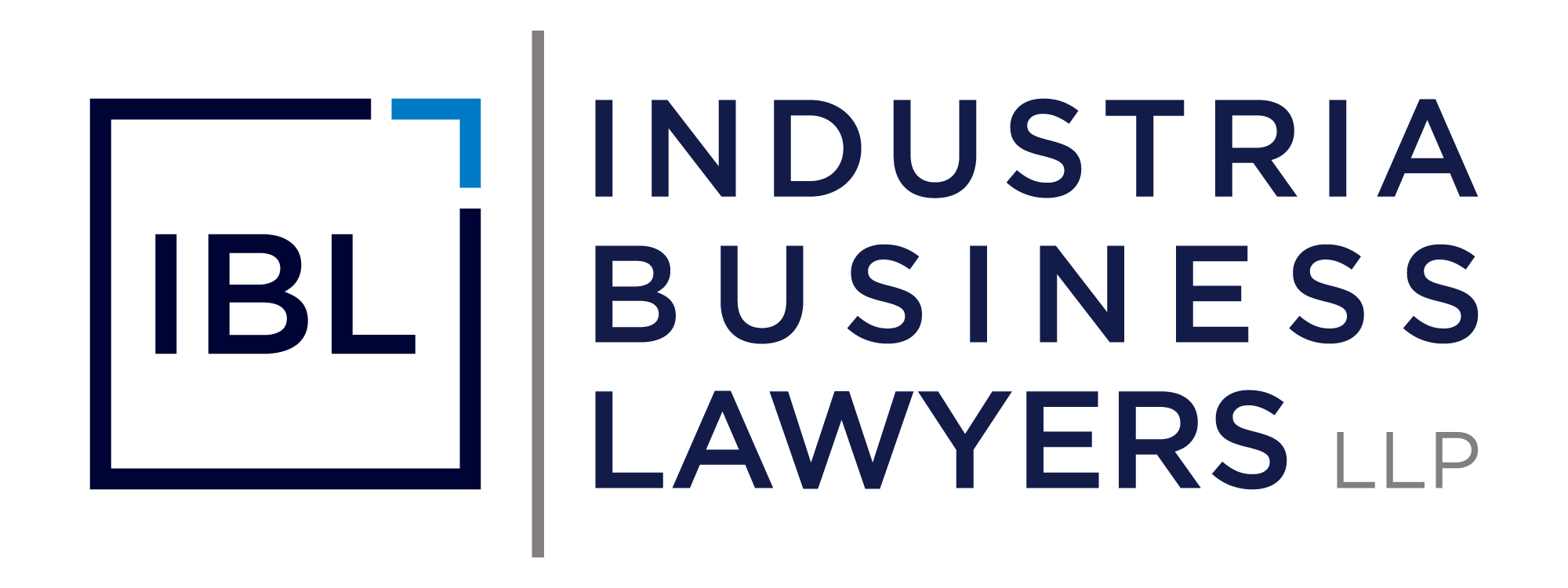Tax-Exempt Organizations
Expert Guidance for Nonprofits & Tax-Exempt Entities
Tax exempt organizations operate within a complex regulatory framework that demands both compliance expertise and strategic planning. Our tax exempt practice provides comprehensive guidance to help your organization maintain its exempt status while maximizing its impact and efficiency.
Formation & Exemption Applications
Starting a tax-exempt organization requires careful planning and preparation:
- 501(c)(3) Applications: Public charities and private foundations
- Other Exempt Classifications: 501(c)(4) social welfare organizations, 501(c)(6) trade associations, and other exempt categories
- State Exemption Applications: Coordinating federal and state filings
- Corporate Formation: Establishing proper governance structures
- Bylaws & Policies: Implementing required compliance procedures
Get a Free Consultation
Speak With A Experienced Tax Attorney Today
Ongoing Compliance & Reporting
Ongoing Compliance & Reporting
Maintaining exempt status requires ongoing attention to compliance requirements:
- Form 990 Series Preparation: Annual information returns and supporting schedules
- Unrelated Business Income Tax (UBIT): Identifying and reporting taxable activities
- Employment Tax Compliance: Payroll taxes and minister-specific issues
- State Reporting Requirements: Annual reports and fundraising registrations
- Private Foundation Compliance: Excise taxes, distribution requirements, and prohibited transactions
Strategic Tax Planning
Strategic Tax Planning
We help exempt organizations optimize their operations and minimize tax exposure:
- Revenue Diversification: Balancing exempt and non-exempt revenue streams
- Joint Venture Planning: Structuring partnerships with for-profit entities
- Intermediate Sanctions: Avoiding excess benefit transactions
- Political Activity Limits: Understanding permissible advocacy and lobbying
- International Operations: Cross-border activities and foreign reporting
Governance & Risk Management
Governance & Risk Management
Proper governance protects both exempt status and organizational effectiveness:
- Board Training: Educating directors on fiduciary duties and compliance
- Conflict of Interest Policies: Implementing and maintaining required procedures
- Document Retention Policies: Establishing proper record-keeping practices
- Whistleblower Procedures: Meeting legal requirements and best practices
Special Issues & Transactions
Special Issues & Transactions
Complex situations require specialized expertise:
- Mergers & Acquisitions: Tax-efficient combinations and restructuring
- Asset Sales & Joint Ventures: Preserving exempt status in commercial transactions
- Endowment Management: Investment policies and spending requirements
- Donor-Advised Funds: Compliance and operational considerations
- International Grantmaking: Due diligence and expenditure responsibility
Private Foundation Services
Private Foundation Services
Private foundations face additional compliance requirements:
- Minimum Distribution Requirements: Meeting annual spending obligations
- Prohibited Transactions: Avoiding self-dealing and other violations
- Investment Management: Jeopardizing investment rules and strategies
- Grant Procedures: Expenditure responsibility and due diligence
Audit Defense & Dispute Resolution
Audit Defense & Dispute Resolution
When issues arise with the IRS or state authorities:
- Examination Defense: Representing organizations during IRS audits
- Appeal Procedures: Challenging adverse determinations
- Voluntary Correction Programs: Addressing compliance failures
- Revocation Defense: Protecting exempt status when threatened
Industry Focus
Industry Focus
We serve exempt organizations across many sectors:
- Religious organizations and churches
- Educational institutions and schools
- Healthcare and medical research organizations
- Arts and cultural organizations
- Social service and human service agencies
- Environmental and conservation groups
- Professional and trade associations
Our tax-exempt practice combines deep technical knowledge with practical experience, helping organizations navigate compliance requirements while focusing on their mission and impact.

Contact Us
Connect with Experienced Attorneys
Get in touch to discuss how our industry-specific legal solutions can assist you.
